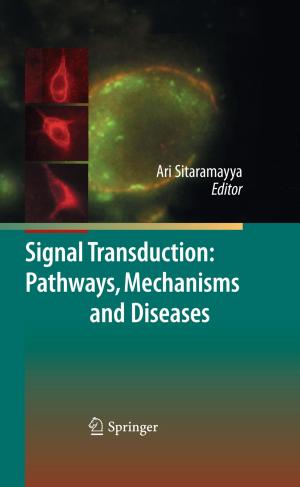Whistled Languages
A Worldwide Inquiry on Human Whistled Speech
Nonfiction, Science & Nature, Science, Biological Sciences, Zoology, Health & Well Being, Psychology, Cognitive Psychology| Author: | Julien Meyer | ISBN: | 9783662458372 |
| Publisher: | Springer Berlin Heidelberg | Publication: | February 19, 2015 |
| Imprint: | Springer | Language: | English |
| Author: | Julien Meyer |
| ISBN: | 9783662458372 |
| Publisher: | Springer Berlin Heidelberg |
| Publication: | February 19, 2015 |
| Imprint: | Springer |
| Language: | English |
The main focus of this monograph on whistled speech is the result of a worldwide inquiry primarily based on the author’s unprecedented fieldwork and laboratory experience. The different questions raised by the origin and the evolution of whistled forms of languages are also explored, including the role of environmental constraints in the emergence of whistled speech, their phonetic and phonological typology, the cognitive processing of whistled signals, monogenesis and polygenesis scenarios, the hypothesis of a whistled system preceding voiced speech, the intricate relationship between music and language in whistling, and the convergence/divergence with whistled communication among animals (birds, dolphins and primates).
This book also includes several documents and a chapter prepared in collaboration with René-Guy Busnel, a pioneer in the studies of whistled forms of languages who has worked with five different populations using whistled speech (from the late 60s to the early 90s).
The author has been intensively studying this fascinating language practice for the past 12 years, including 30 months of onsite research in collaboration with the cultural representatives of approximately twenty linguistic communities around the world.
Whistled speech represents an ancient traditional telecommunication system that has survived on all inhabited continents of our planet. In it, a whistle replaces the voice and carries the information. However, this practice does not replace ordinary speech but is used in a complementary way. It serves to increase the audible range, but also under certain circumstances, the degree of secrecy of spoken communications.
Whistled speech is adapted to the structure of each language, to specific traditional rural activities such as hunting or shepherding, and to specific ecological milieux. It is today a severely endangered speech register that provides an alternative insight into the nature of human language.
The main focus of this monograph on whistled speech is the result of a worldwide inquiry primarily based on the author’s unprecedented fieldwork and laboratory experience. The different questions raised by the origin and the evolution of whistled forms of languages are also explored, including the role of environmental constraints in the emergence of whistled speech, their phonetic and phonological typology, the cognitive processing of whistled signals, monogenesis and polygenesis scenarios, the hypothesis of a whistled system preceding voiced speech, the intricate relationship between music and language in whistling, and the convergence/divergence with whistled communication among animals (birds, dolphins and primates).
This book also includes several documents and a chapter prepared in collaboration with René-Guy Busnel, a pioneer in the studies of whistled forms of languages who has worked with five different populations using whistled speech (from the late 60s to the early 90s).
The author has been intensively studying this fascinating language practice for the past 12 years, including 30 months of onsite research in collaboration with the cultural representatives of approximately twenty linguistic communities around the world.
Whistled speech represents an ancient traditional telecommunication system that has survived on all inhabited continents of our planet. In it, a whistle replaces the voice and carries the information. However, this practice does not replace ordinary speech but is used in a complementary way. It serves to increase the audible range, but also under certain circumstances, the degree of secrecy of spoken communications.
Whistled speech is adapted to the structure of each language, to specific traditional rural activities such as hunting or shepherding, and to specific ecological milieux. It is today a severely endangered speech register that provides an alternative insight into the nature of human language.















